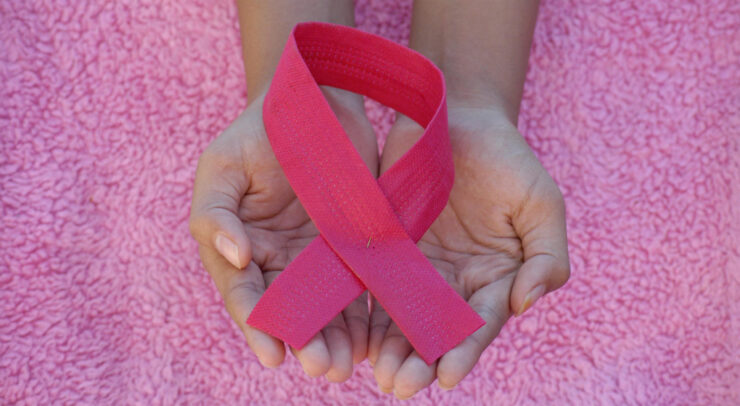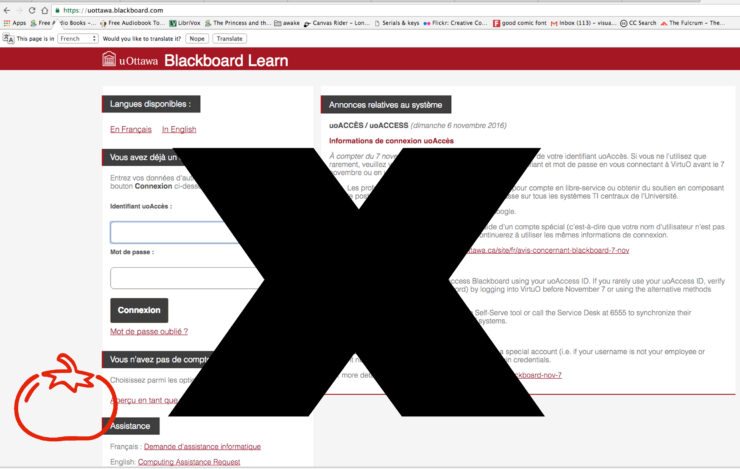How the U of O can create a culture of consent on frosh week and beyond
To guide University of Ottawa rookies and veterans alike in all of their sexual endeavours, the Fulcrum sat down with Rukiya Mohammed-Nur, who has worked in the violence against women sector for many years, and the Student Federation of the University of Ottawa’s vice-president equity Leila Moumouni-Tchouassi. In this Q&A, we cover the basics of consent, how to navigate consent when alcohol comes into the mix, and what the U of O can do to foster a consent culture in a time where rape culture on campus remains a major issue.
The Fulcrum: How can students ensure that the sexual activity they engage in is consensual?
Rukiya: The question that comes to mind for that, is gaining knowledge around what consent really means. There’s a lot of misunderstanding around that, and the primary one is what consent actually is. Consent is really about enthusiastic consent. Consent to have sex is when people agree to have sex. But it’s not just allowing something, or giving permission, it’s knowing that you all really want and desire each other. Consent should never be coerced, implied or assumed, even if you’re in a relationship. Just because you are in a relationship doesn’t mean that you always have consent to have sex with your partner.
So what that means is if someone is saying no and you “wear them down” to say yes, that’s not consent. That is coercion.
And I think having that framework and that understanding really shifts the conversation so that students understand that consent should be something that someone is engaging in enthusiastically, that they are engaging in a sober way, they are not using drugs or alcohol, they’re in the state of mind to know what is actually happening, they are able to say “no” at any point and that is still be respected. And all of those factors are part of consent, and it’s an ongoing process when you’re engaging in sexual activity. It doesn’t mean just like when someone says yes the first time, and it’s not a blanket permission to do whatever you want, you have to constantly get permission.
F: How do you think students can navigate drug/alcohol use and consent?
R: It’s never okay to engage in sexual activity when someone is not in the state of mind to know what is happening or what they are really consenting to. This means that someone is not able to consent when they have consumed alcohol, or taking any kind of drug, because it does alter your state of mind, and that person may not know what they’re actually consenting to. You should wait until the next day when the person is sober and you can have a conversation about engaging in sexual activity. It’s better to wait until that person is actually able to give you permission in a way that feels good, in a way that is actually enthusiastically consenting to it, as opposed to someone who has no idea what is happening.
L: We usually say that consent cannot be given while under the influence. And obviously there will be some folks who are comfortable engaging in those sexual activities, but once again it’s also having conversations about what your boundaries and comfort levels are.
F: What should students do if they think they are witnessing non-consensual sexual activity or a potential for non-consensual activity?
R: I think bystander intervention is really, really important, especially around non-consensual sexual activity, because you want to be able to feel like your community around you does have your back if something happens, and that students can feel safe enough to go up to someone and say, this happened, I need someone to intervene.
At the same time, if they don’t feel safe intervening on something, that is ok. If there are people around them and they don’t want to do it alone they should get a buddy. And I always recommend to intervene in a way that is non-confrontational, and it’s more like an informal check-in. You should be careful not to escalate the situation and further endanger the person you are trying to help.
L: I think it’s important for people to work towards all being active bystanders… it’s just making sure that when we see things that are not ok, or could potentially be not ok, that we’re always trying to intervene and ask everyone in that situation if they’re comfortable with what’s happening. And if you’re not comfortable intervening, on campus there’s always Protection, there’s a lot of resources in the Women’s Resource Centre, the Pride Centre, the counselling services, that can be there to help identify and stop those situations from happening.
F: How do you think the campuses could better serve people who want to gain a better understanding of consent and its importance on campus?
L: Make sure the administration and also services on campus are educated in sexual violence prevention, rape culture, consent culture, and everything in between. I think that what’s really crucial at the U of O is that the university refuses to acknowledge the fact that rape culture exists on our campus. I think it’s also creating relationships with community partners, because a lot of the time students will choose to go to community groups or to outside of the university when it comes to reporting.
R: I think that universities, from what I’ve seen, have the tendency to brush the problem under the rug. They believe that it doesn’t happen on campus, it doesn’t exist here, so we just don’t talk about it. And I think it really unfair to people who have experienced sexual assault and sexual violence on campuses. So the first thing is recognizing that this stuff does happen on campuses, that no campus is actually immune from this happening.
The second part is actually giving space for survivors to talk about it, and having policies that are informed by people who have survived sexual assault and sexual violence, and not informed by admin or the powers that be, because often times they decide to implement policies that aren’t actually taking people’s experiences into consideration. So having something that’s driven and led by survivors is really, really crucial.
And actually giving people the safety and the trust to be able to talk to professors, to administration, to campus groups, because you don’t want to have a problem where people feel like they don’t have anywhere to turn to, and that wherever they turn to they won’t be believed. Oftentimes survivors are blamed for the sexual assault that happened to them, and campus spaces should work to remove the blame and stigma so that survivors can actually come forward.
F: Are there any facts in particular you want students to know about rape culture and sexual harassment on campuses?
L: I think generally when we’re having conversations about rape culture we don’t talk about who is most affected, like trans women of colour, or gender non-binary folks, who don’t respond to what we think of “normal” means of gender expression and sexuality. When we’re getting ready to introduce a bunch of students we have to recognize that they all come from different places in the world, cultures, and traditions, and we’ll have this conversation about consent, and rape culture, and sexual violence, so it’s important that we’re teaching students in a way that everyone can understand while respecting the experience of identity and background of all of those people. Campuses for me are failing really hard when it comes to sexual violence prevention.
F: Anything else you would like to add on the topic of consent culture?
R: I just want to add again, that knowledge piece. There’s a lot of misconceptions around consent and around sex in general because of misinformation, sexism, and rape culture. And often times people are confused around if something happened was it consensual or non-consensual… so the thing I always go back to is being able to get information about this. The more we talk about this, the more we talk about our boundaries, what we like or don’t like… we can actually have that understanding. I also want to add that there needs to be better support for survivors on campuses, better mental health services, and just generally safer spaces that people can go to and discuss what happened. No one should have to experience this, and to have to experience this in silence and shame afterwards because there is nowhere on campus that will hold space for them in a way that is healthy, healing, and blame and judgement-free is not okay.





